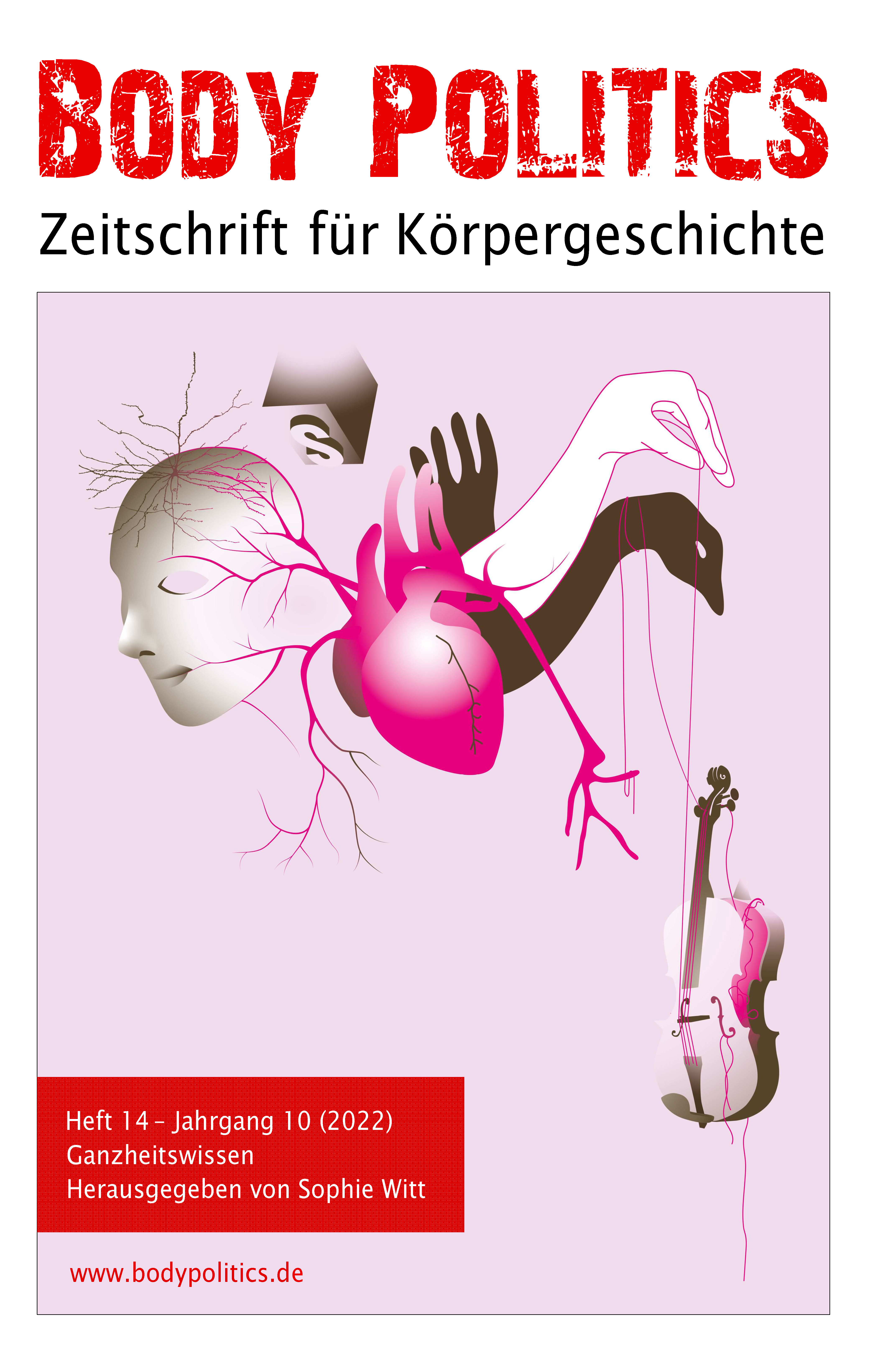‚Ganzheitswissen‘ in der Diätetik um 1750, 1800 und 1850
DOI:
https://doi.org/10.12685/bp.v10i14.1542Abstract
English Abstract: The article is in the research context of a literary anthropology of the ‘whole human being’. Examples of three relevant works by Friedrich Hoffmann (1660– 1742), Christoph Wilhelm Hufeland (1762-1836) and Ernst Freiherr von Feuchtersleben (1806-1849) verify the relevance of dietetic (‘Lebensordnung’) and its holistic knowledge for the change of affect economy and subject constitution during the threshold of the ‘Sattelzeit’ (1750/1850). The ‘holistic knowledge’ inherent in the diet not only shapes literature as a relevant thematic context, but also functions in this discourse itself as an instrument of a soul-diet aesthetic of impact that aims to stimulate senses and affects to temperate them properly. Literature as shown in scenes by Theodor Johann Quistorp (1722-1776), Johann Wolfgang Goethe (1749-1832) und Adalbert Stifter (1805-1868) becomes a dietetic.
Downloads
Veröffentlicht
Ausgabe
Rubrik
Lizenz

Dieses Werk steht unter einer Creative Commons Namensnennung - Nicht-kommerziell - Keine Bearbeitung 3.0 International -Lizenz.


